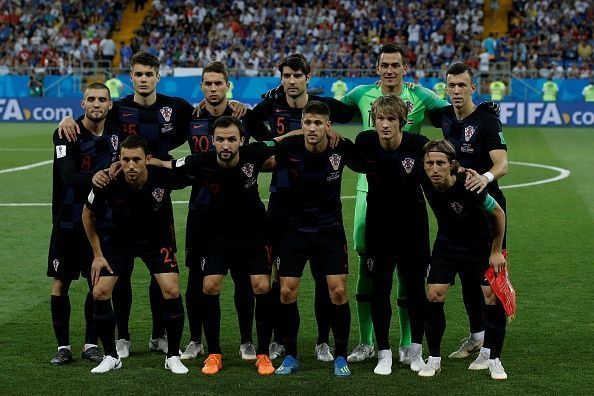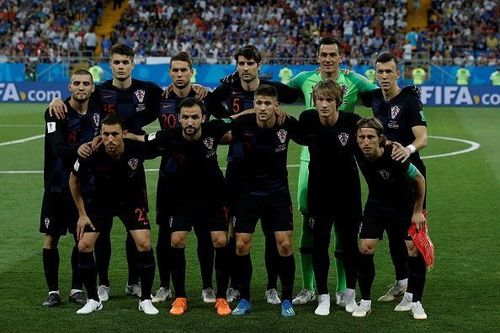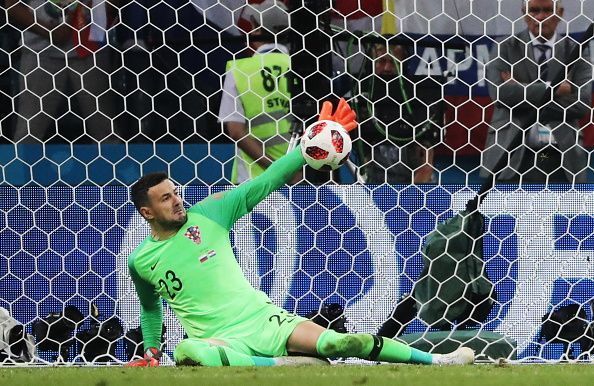
World Cup 2018: 5 reasons Croatia could win in Russia

Croatia have performed well in Russia this year, undoubtedly being the dark horses of the World Cup. Having finished first in their group, Croatia have had a string of impressive performances against the like of Iceland, 2014 World Cup finalists Argentina, and most recently Nigeria, the 2013 Africa Cup of Nations winners.
Despite often being overlooked as one of the most dangerous teams in the competition, they have looked exceptional in the group stages this year. They had a close game against both Denmark and Russia in the Round of 16 and Quarterfinals respectively and eventually outplayed both teams by winning on penalties.
Now that they have progressed through to the quarterfinals, players such as Croatian centre-back Dejan Lovren, have compared the current Croatian team to the 1998 team that placed third in the France World Cup. This is a fair comparison, as they have looked as, if not more threatening as a team, in comparison to Davor Suker's 1998 World Cup team.
Here are 5 reasons Croatia could win the 2018 Russia World Cup.
#5 Flexible defence

Croatia have one of the most underrated defences in the world. Led by AS Monaco keeper and 2017 Ligue 1 Goalkeeper of the Year Danijel Subasic, they are tactically flexible and very experienced - everyone who has played in their back four so far has been over the age of 29.
While an ageing defence usually means flagging, slow players, with volatile performances, Croatia's defence is the opposite, with full-backs Sime Vrsaljko and Ivan Strinic bombing up and down the pitch to contribute to the attack using the width of the pitch, while also falling back when needed. Center-backs Domagoj Vida and Dejan Lovren are slow, but have the technical skills are well as the physicality to compensate for this.
Throughout the tournament, Zlatko Dalic has gone with the back four mentioned in the previous paragraph but has changed his tactics in each game to adapt to the conditions of the game. For example, in their game against Argentina, the full-backs marked the Argentinian wingers (Acuna and Salvio) at all times, while the two centre-backs held tight near the box while Marcelo Brozovic marked Lionel Messi.
Another example is in the Round of 16 clash against Denmark, where the full-backs stayed put while making quick runs into the midfield, while the wingers tried to make space to play in the 4-3-3 formation instead of the 4-5-1 formation.
However, not all of these tactics work, as shown in their recent game against Russia, where the centre-backs were not quick enough to handle the agility of Aleksandr Samedov and Denis Cheryshev, and collapsed on occasion. Despite this, they won thanks to Danijel Subasic's impressive performance behind the sticks, and are now through to the semi-finals.